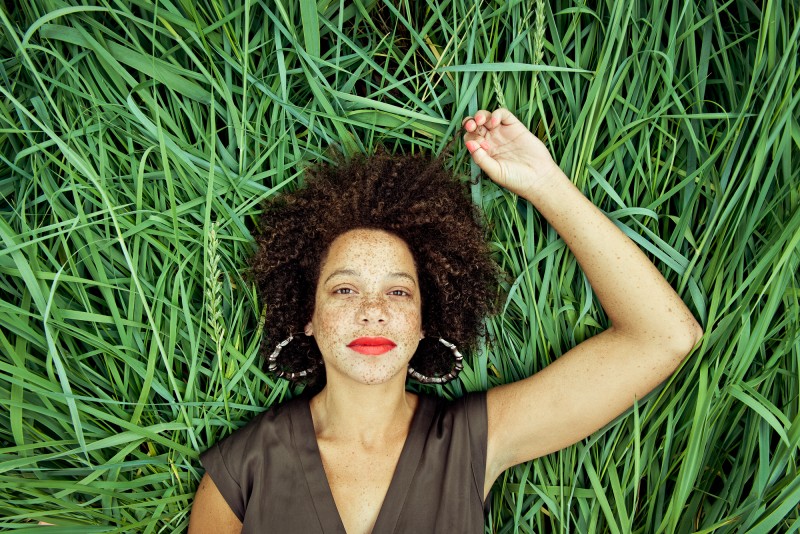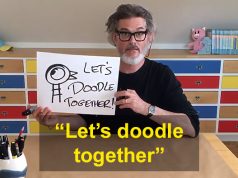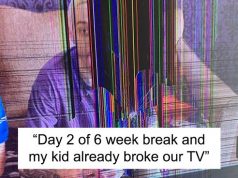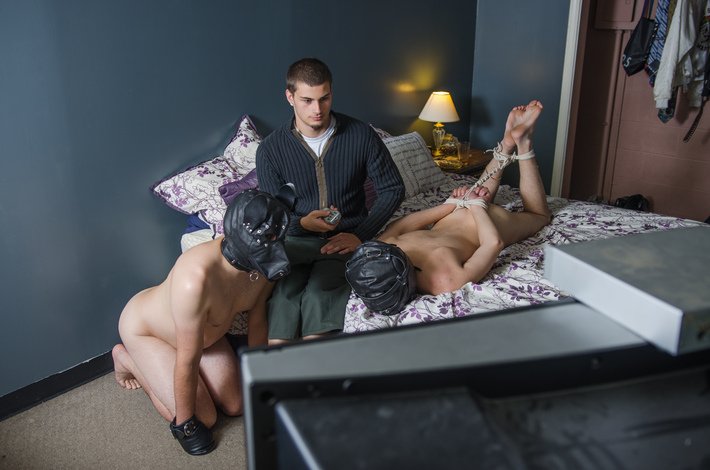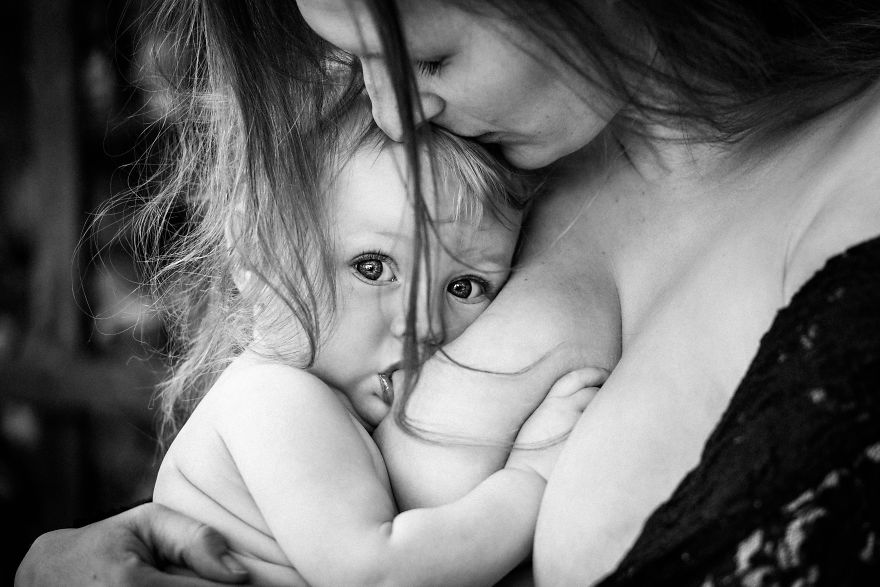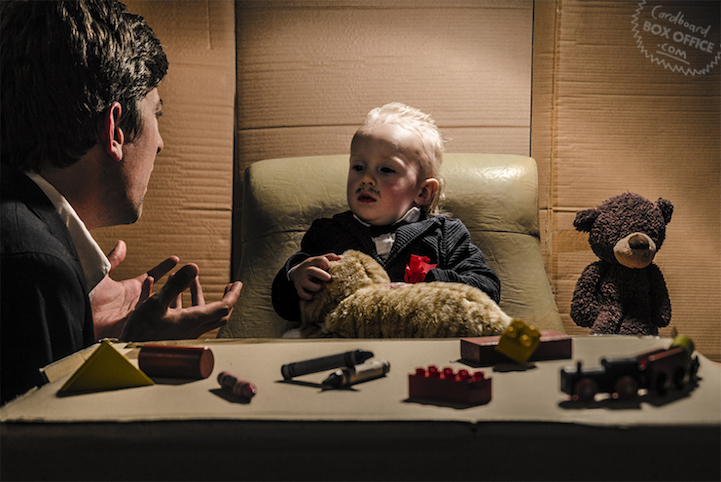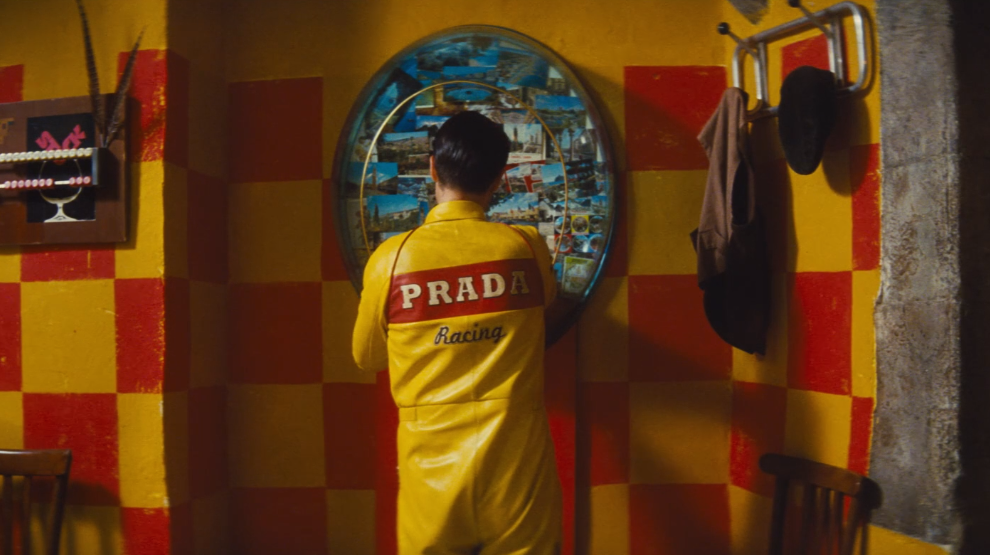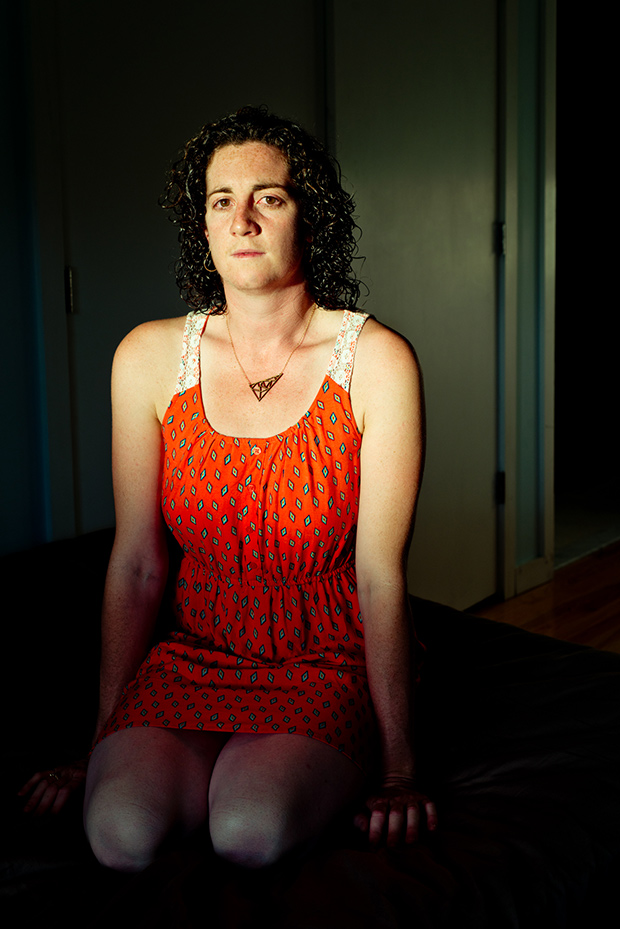
Paloma, raised in Newton, Massachusetts by her dad and mom, who came out when she was 13
Melissa Faithful for Art-Sheep
“For the past four years, I have been photographing and interviewing subjects with one or more L.G.B.T. parent. Their experiences are wide ranging. Some were adopted, some conceived by artificial insemination. Many are children of divorce. They were raised in urban areas, the rural Midwest and all over the map. They juggled silence and solitude with a need to defend their families on the playground, at church and at holiday gatherings,” explains New York City-based photographer Gabriela Herman on her website.
Now in its fifth year, Herman’s project The Kids, focuses on the lives of kids whose realities were different. The photographer explores how being raised by LGBTQ parents truly affected the kids’ lives, inspired by her own story and her mother’s coming out when she was a teenager.
Herman knows firsthand what it means when parents separate and fifteen years after her mother married her partner, Herman set out in search of peers who had had similar childhoods. Hoping than in the future more communities will embrace LGBTQ families, the photographer documents the stories of the children of these families, who now as adults, have the experience and the language to share their unique stories.

Elizabeth, raised in Boston by her mom and dad who came out when she was in college:
“He said, ‘it’s time for me to confront my identity’ and I asked ‘are you gay?’ and he says, ‘Well, I haven’t had any experiences to be sure.’ and I think the next words out of my mouth were, ‘Dad, I’m pretty sure you’re gay.’”

Annie, raised in Athens, Ohio, by her mom and dad, who transitioned to a woman when she was 4:
“I don’t actually remember my father as a man, I guess it’s like i’ve grown up with two moms. But for me it was never a big thing almost in a way because I didn’t know anything else. It wasn’t until I went away to college that I had to deal with telling people. I just hadn’t really talked about it, much less seen it as a social issue and as something that should be fought for and you know – I didn’t identify with that group at all.”

Danielle, raised in Washington, D.C., by her two moms and four dads:
“When I was about 4, my friend and I were playing house and she always got to play the mom and this time I was not gonna have it. We got into a big heated fight about it. So my mom comes running inside to ask what’s the matter, ‘why don’t you both play the mother?’ and I looked at her incredulously and said, ‘you can’t do that’ and she looked at me and said ‘Danielle, you have 2 mothers!’”

Aaron, raised in Berkeley, California, by his two moms and, after their separation when he was 7, by his mothers and step-father:
“My moms split up when I was about 7, because my biological mom fell in love with a man. I knew my family was different, but it wasn’t weird different, it was just a different kind of family.”

Allison, raised in Connecticut and Vermont by her mom and her mom’s partner:
“As soon as I found out [my new school] had a gay-straight alliance I just — it was amazing, to know that there are other kids my age — to realize that they were supportive of LGBT people. I wasn’t the only one who knew gay people and it wasn’t this dark secret that I had to hide.”

Jamie, raised outside Chicago by her mom and various partners
“I was raised by my mom and her different partners, but a lot of her past partners and friends were in my life, to the extent that I feel I was raised by a lot of different women.”

Vanessa, Raised in northern Virginia by her mom and dad, who came out when she was 28:
“For me and my sister, we were more upset about the feeling of being lied to for a long time than about my dad’s sexuality.”
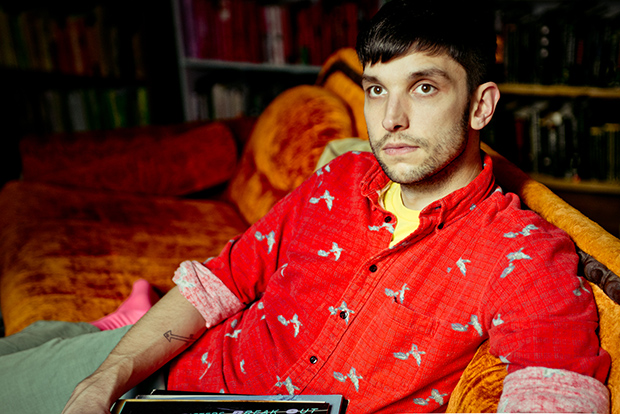
Darnell, raised in Menlo Park, California, by his two moms and his dad:
“I took for granted the fact that I was surrounded by lesbians all the time and I thought that was very normal. I have a vague memory of listening to pop music on the radio and just assuming that the person singing was probably singing to a person of the same gender.”

Diana, raised in Ossining, New York, by her mom and dad, who came out when she was in college:
“My dad says if I hadn’t confronted him, his plan was to live the rest of his life being closeted. Like he thought he would never tell anyone.”

Dori, raised in New Jersey by her dad and mom, who came out when she was 8:
“I slowly started to come out to people [about my mom] after college. It went from like a fourth or fifth-date conversation to like a first-date conversation.”
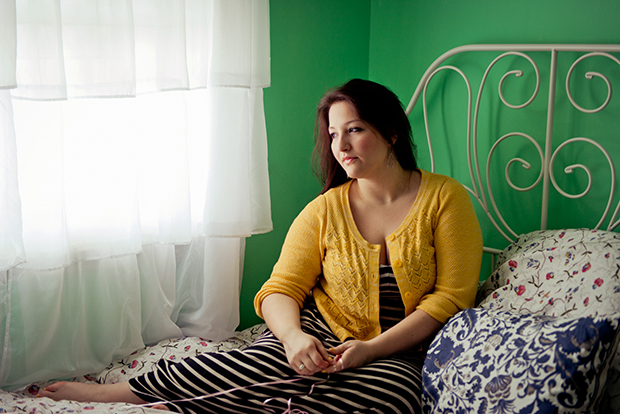
Ilana, raised in Pittsburgh by her dad and her mom, who came out when she was 16:
“My mom — it was her midlife crisis — some people get new cars, my mom got a new sexual orientation.”

Lucas, raised in Gainesville, Florida, by his divorced dad and mom, who came out when he was 15:
“My mom being gay was always really easy for me to accept because I was brought up in a way to accept all people. It was unusual, but it wasn’t hard at all. If the situation was worse for my mom, if it was harder to be gay than it is for her, then I probably would be more determined to fight for her rights.”

Lauren, raised in Kansas City, Missouri, by her mom and dad, who came out when she was 7:
“The fact that my parents were divorced way overshadowed the fact that my dad was gay. I think it’s great for [my son] because he’s growing up with two grandpas and will never know the difference. My dad is not more of a grandpa than [his partner]; he’s growing up with both of them, at the same time, they’re both equally as much grandpas.”

Kerry, raised in New Jersey by her dad and mom, who came out when she was 11:
“I remember a conversation with my mom where she was talking about how she would like to marry another woman. When I was really little I wanted to marry my best friend so I was like, ‘oh, it’s like me and Sarah?’ she was like, ‘no, not like you and Sarah.’”

Karen, raised in southern Oregon by her dad and mom, who came out when she was in her twenties:
“Living in New York has made me more accepting. It makes it easier to talk about it. Where I grew up, no one was gay, nobody talked about it. But here, everyone you meet is gay and everyone talks about it and it’s a great thing.”

John, raised in New England by his mom and Seattle by his dad, who came out when he was 2, and his dad’s partner:
“The first time it was ever spoken about was when my mom bought this book ‘Daddy’s Roommate’.”
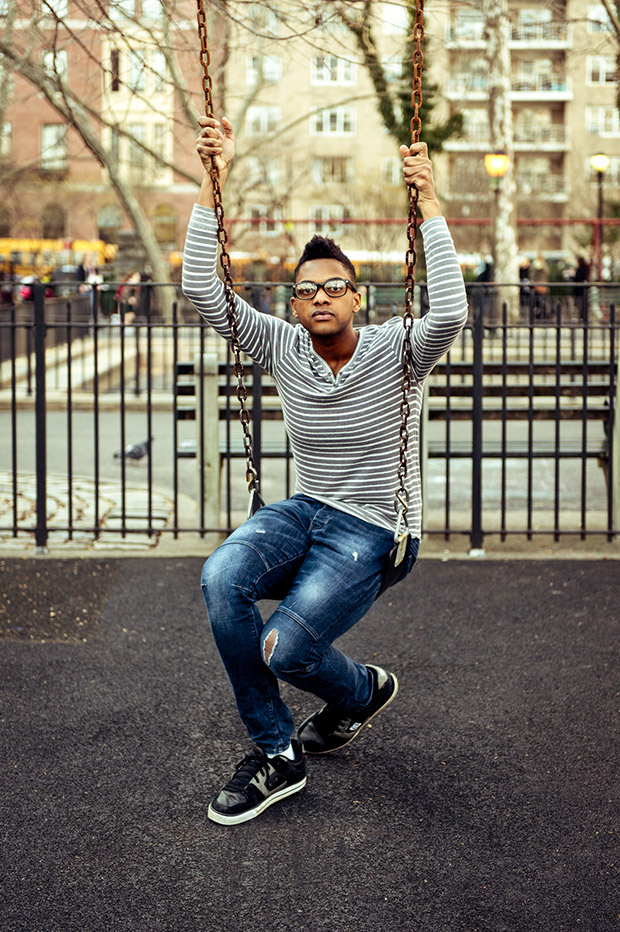
Moshe, raised in upstate New York by his two moms:
“Me and my moms have always been super close, but of course there was that young teenage phase of hating her. But now she’s like my rock and always there for me. I love her.”
 Hope, raised in New York City by her two dads:
Hope, raised in New York City by her two dads:
“I knew that there was other structures of families because I would see my friends’ families and my aunts and uncles and I knew that people had something called a mother that I didn’t necessarily have, but I didn’t really think that I was so much in the minority. I wondered about my birth family and my birth mother in particular, but in terms of my own development, I don’t feel like I suffered because of it. I think that my parents did a fantastic job of helping to raise me to be a strong woman, but in terms of that question piece about where did I come from– sometimes I still wonder that, and then other times it just kinda disappears in terms of its importance.”

Robin, raised in New Mexico by her two moms and two dads:
“In college I was in a class about social justice and there was a guy there who brought up the fact that he has two moms. And I was like, ‘Oh my god!’ Actually my initial reaction was that I was kind of upset, because at that point it felt like my own thing. And I was finally being ok with having been so isolated that finally finding someone in my community I was like, ‘Wait a minute, that’s the thing that sets me apart!’ but of course we got to be really close and it was really amazing. ”
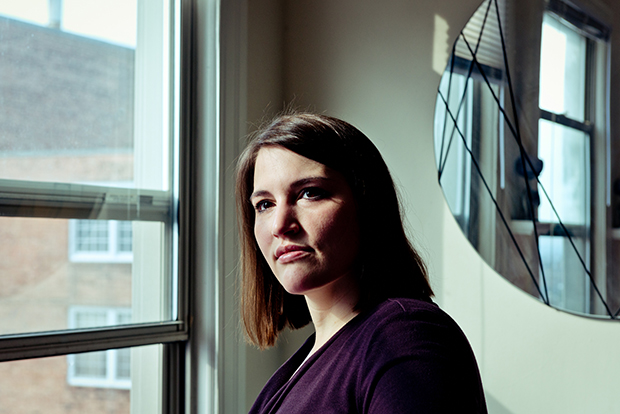
Shira, raised in Pittsburgh by her dad and her mom, who came out when she was in college:
“As soon as she told me that she found someone else, I knew who it was. I knew that it was a woman. She’d mentioned this woman once or twice to me on the phone in a friend context, and you could just tell. It’s like when you talk to a friend and you can tell if your friend still likes that guy just by the way she talks about him.”
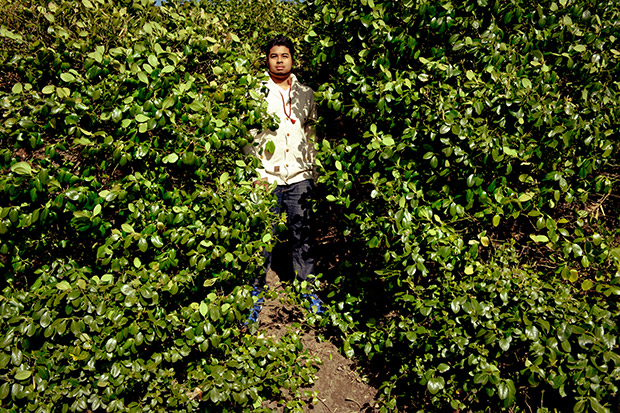
Zack, raised in upstate New York by his two moms:
“Everyone in my family is adopted. I had less trouble with two moms and more issues with finding myself, you know, with race and ethnicity.”

Zach, raised in Iowa by his two moms:
“I think the operative word in describing our family is not LGBT, it’s in family. If you look at the vast majority of things that define who my moms are, or who my family is, it’s really no more accurate to say that my moms are gay married, than to say they are packers-fan married, or work-in-healthcare married. They’re both really just about as accurate in describing who my moms are.”
 Mark, raised in Pennsylvania by his mom and his dad, who came out when he was in college:
Mark, raised in Pennsylvania by his mom and his dad, who came out when he was in college:
“My dad is gay. He’s still really in the coming-out process right now. I had an inclination that my dad was gay from the very beginning of time. I always knew I was queer, which helps. I would see early on in my childhood, my father using the same behaviors to conceal his own femininity that I did, like he would uncross his legs or he would stop talking with his hands.”

 Hope, raised in New York City by her two dads:
Hope, raised in New York City by her two dads:



 Mark, raised in Pennsylvania by his mom and his dad, who came out when he was in college:
Mark, raised in Pennsylvania by his mom and his dad, who came out when he was in college:
